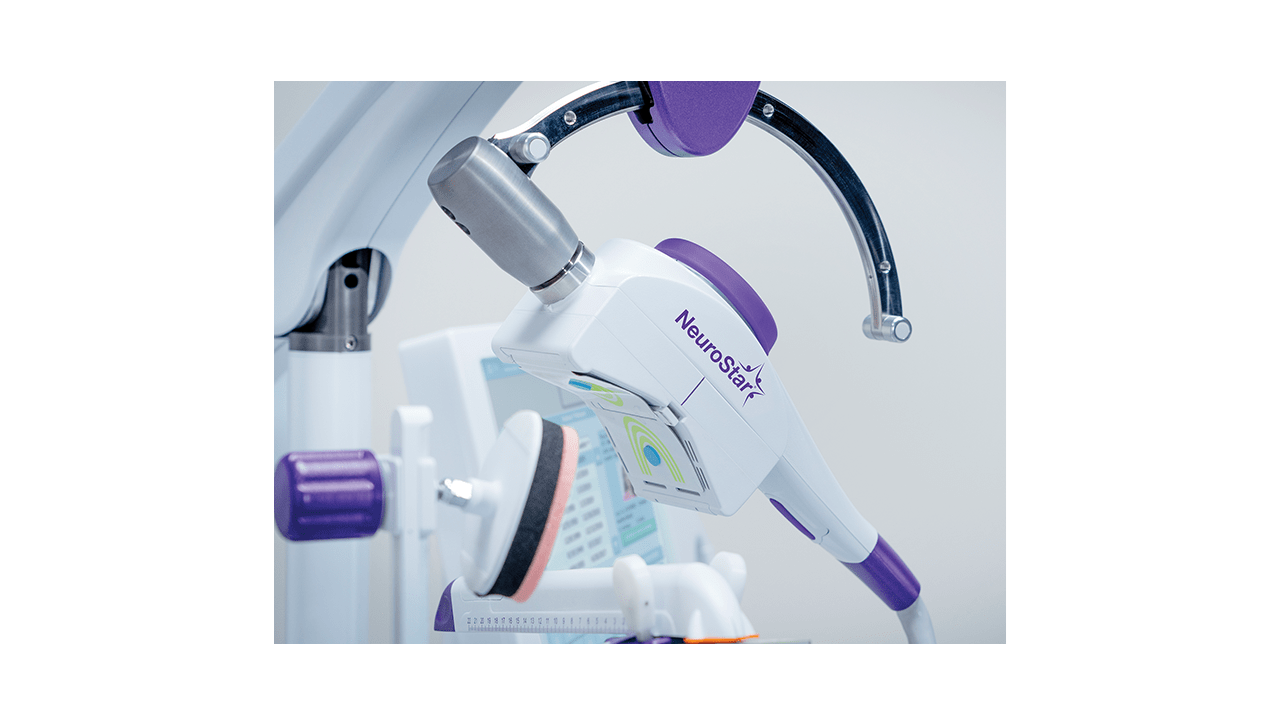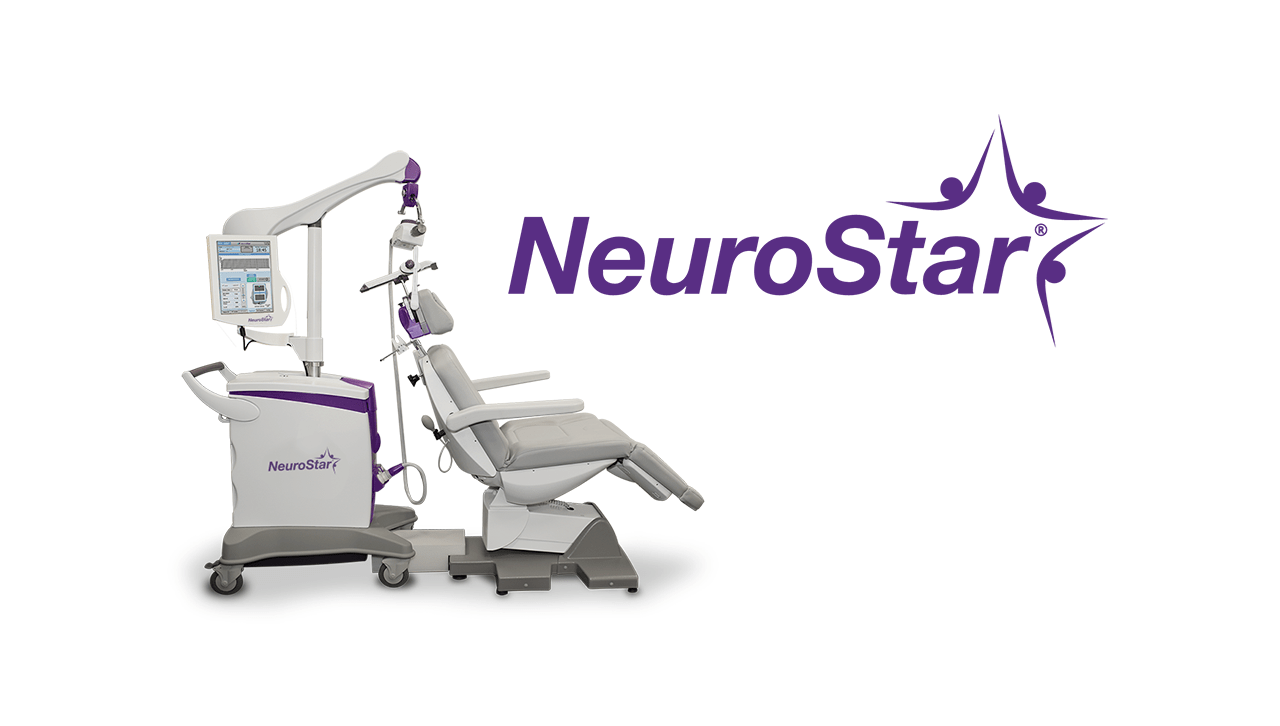Each person's experience with depression is unique: that's why our team at Rochester Regional Health uses a range of treatment options to create a personalized care plan tailored specifically to you. Our team is committed to providing the care, support, and expertise you need to address and overcome depression.
Cognitive Behavioral Therapy (CBT) is a type of talk therapy that takes a proactive approach to negative thoughts and behaviors that are common with depression. CBT focuses on teaching you valuable coping strategies and skills to manage and re-frame those negative thoughts and behaviors.
This short-term, goal-oriented therapy is designed to empower you with the tools you need to address your current challenges and to prepare for future hurdles.
Medication can be a key component of a comprehensive treatment plan. Studies have found that medication is most effective when a part of a balanced approach that combines medication with therapy and other depression treatments. Common classes of anti-depressants include:
Discovering the right balance of medication is a part of the journey to overcoming depression. The team at Rochester Regional Health's Adult Mental Health Program will work closely with you to find the right medication, monitoring and adjusting as needed to ensure it aligns with your unique needs and overall treatment goals.
Take our online assessment to understand your risk for depression and anxiety.
Transcranial magnetic stimulation (TMS) is a non-invasive form of brain stimulation therapy, which uses powerful magnetic fields to stimulate specific areas on the surface of the brain involved when a person experiences depression or anxiety.
Recognized by the FDA for treating unipolar depression and obsessive-compulsive disorder (OCD), TMS is an option for patients who haven't found relief with traditional depression treatments and therapies.
Beginning your TMS journey involves an initial consultation and mental health evaluation to ensure this treatment is suited to your specific needs. Here’s what you can expect during your sessions using the NeuroStar TMS system:
While individual experiences with TMS vary, many patients begin to notice improvements within the first few weeks. The most pronounced benefits often appear when the full course of treatment is completed, with some studies indicating significant improvements for a majority of patients who had limited success with medication.
Visit the Rochester Regional Health Psychiatric Therapeutics Program
Call for a Consultation
Take our online assessment to understand your risk for depression and anxiety.

